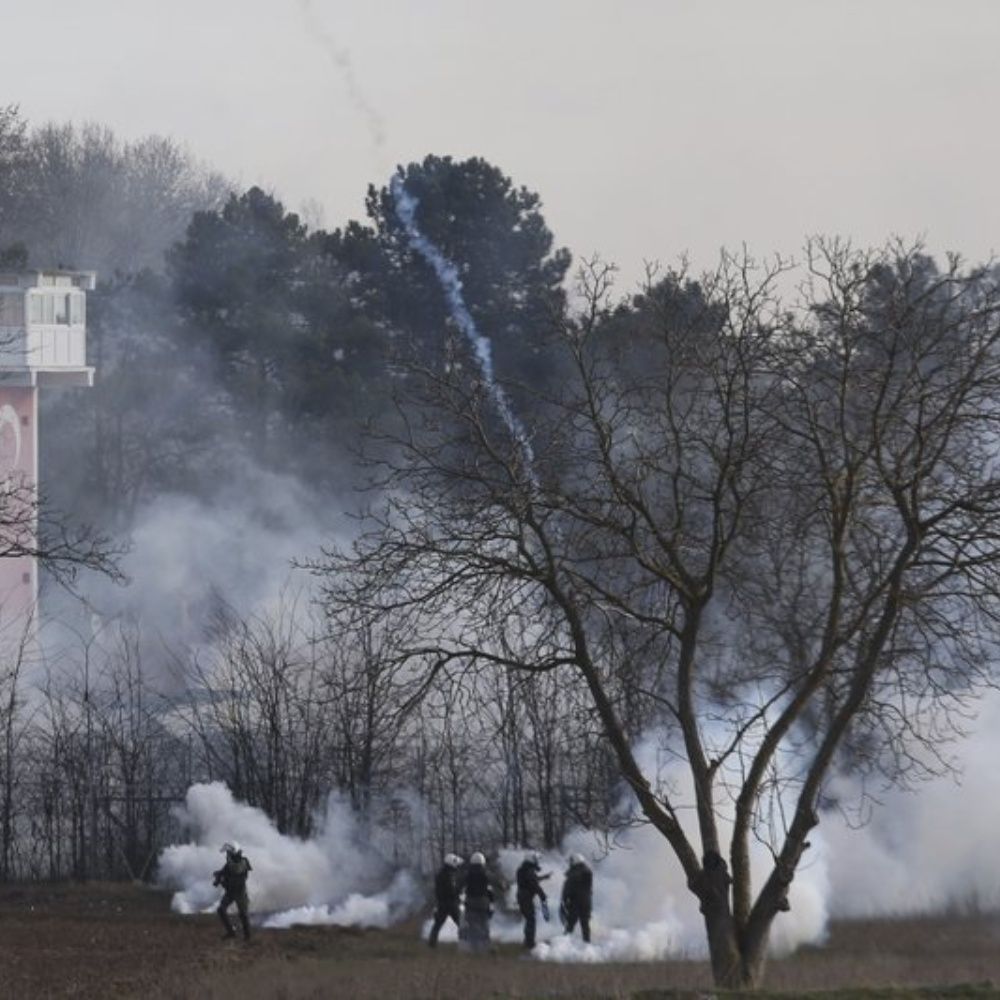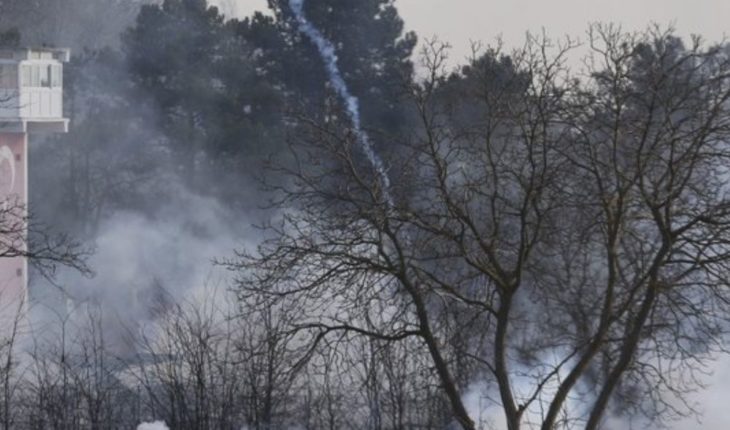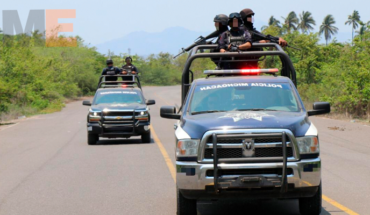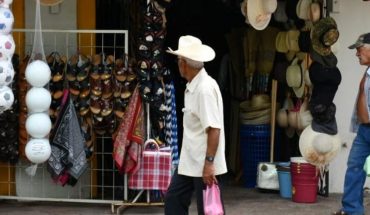
KASTANIES, Greece (AP) — The Greek authorities used tear gas and water cannons to repel migrants who tried to cross the border from Turkey on Friday morning. On the Turkish side, agents fired rounds of tear gas towards the Greek side. For more than a week, thousands of refugees and other migrants have been trying to pass into Greece across its land border, in the east of the country, or by sea, after Turkey announced that its once-guarded borders with Europe were open.
Turkey said it deployed more than 1,000 special police forces on its side of the border to prevent Greek authorities from returning migrants trying to get there. Many were camped on the Turkish side waiting to be able to cross despite Greece insisting that its border remains closed. Reporters could not get close to the Turkish border area, but saw at least one crowded bus departing from there on Friday morning. It was unclear where the vehicle was headed. After months of threats, Turkey’s President Recep Tayyip Erdogan said his country would no longer be Europe’s guardian. The representative had asked for more help from the European Union to take over the burden of caring for refugees, but Brussels insists that it is already complying with an agreement involving the disbursement of billions of euros in exchange for Ankara keeping them on its territory. His decision and the subsequent situation on the border with Greece worried European governments, which continue to suffer the political consequences of mass migration that began five years ago. Erdogan’s initiative came after an offensive by the Syrian government in idlib province in the northwest of the country, where both armies are fighting. The Russian-backed operation killed dozens of Ankara soldiers and brought nearly one million Syrian civilians to the sealed Turkish border. The ceasefire for Idlib negotiated by Erdogan and his Russian counterpart, Vladimir Putin, on Thursday, came into force at midnight. Opposition activists and a war-monitoring group reported a total absence of Damascus and Moscow fighter jets in the skies of the region, where there was relative calm. It was not immediately clear whether the truce will also affect the situation on the Greek-Turkish border. There are now more than 3.5 million Syrian refugees in Turkey, and Erdogan often threatened to open his border. According to the president, Brussels failed to fulfil its part of the more than 6 billion euro pact designed to stop the influx of migrants into Europe after the influx of more than one million in 2015.The Greek authorities have repeated that those trying to cross into the country are neither refu nor refu Idlib’s or mostly Syrians. Most of the reporters saw that they were able to enter Greek soil were from Afghanistan or other countries. The situation at the Greek borders has alarmed the bloc’s countries. His foreign ministers were holding an extraordinary summit in Zagreb, Croatia, on Friday to address the situation in Syria.The head of community diplomacy, Josep Borrell, welcomed the ceasefire. “Let’s see how it works. That’s the precondition for increasing humanitarian aid for people in Idlib,” he explained.





